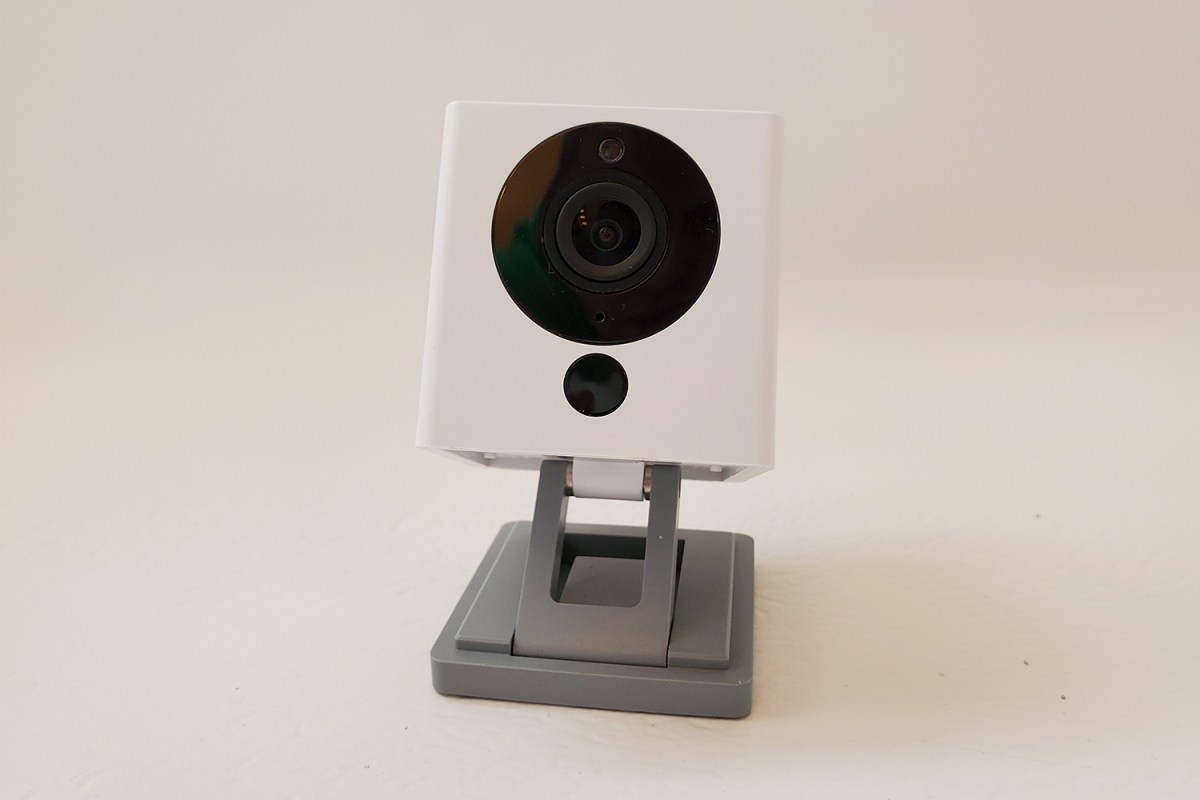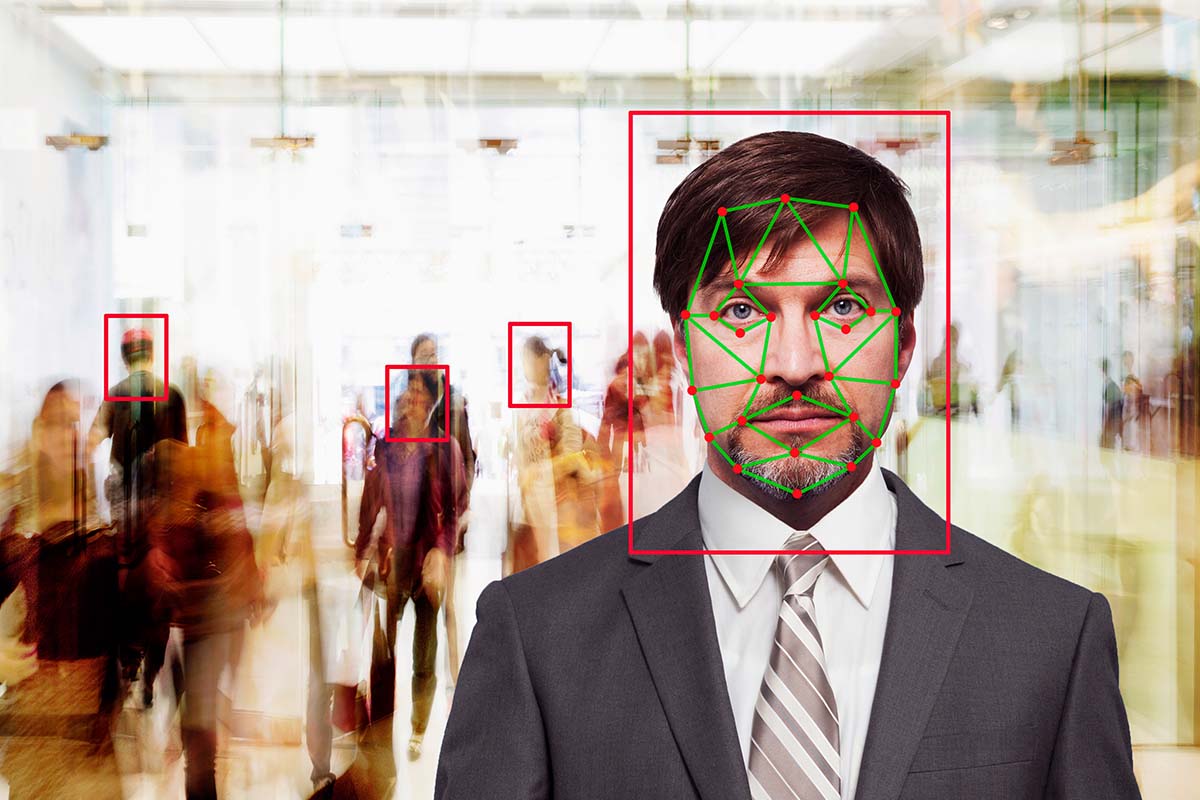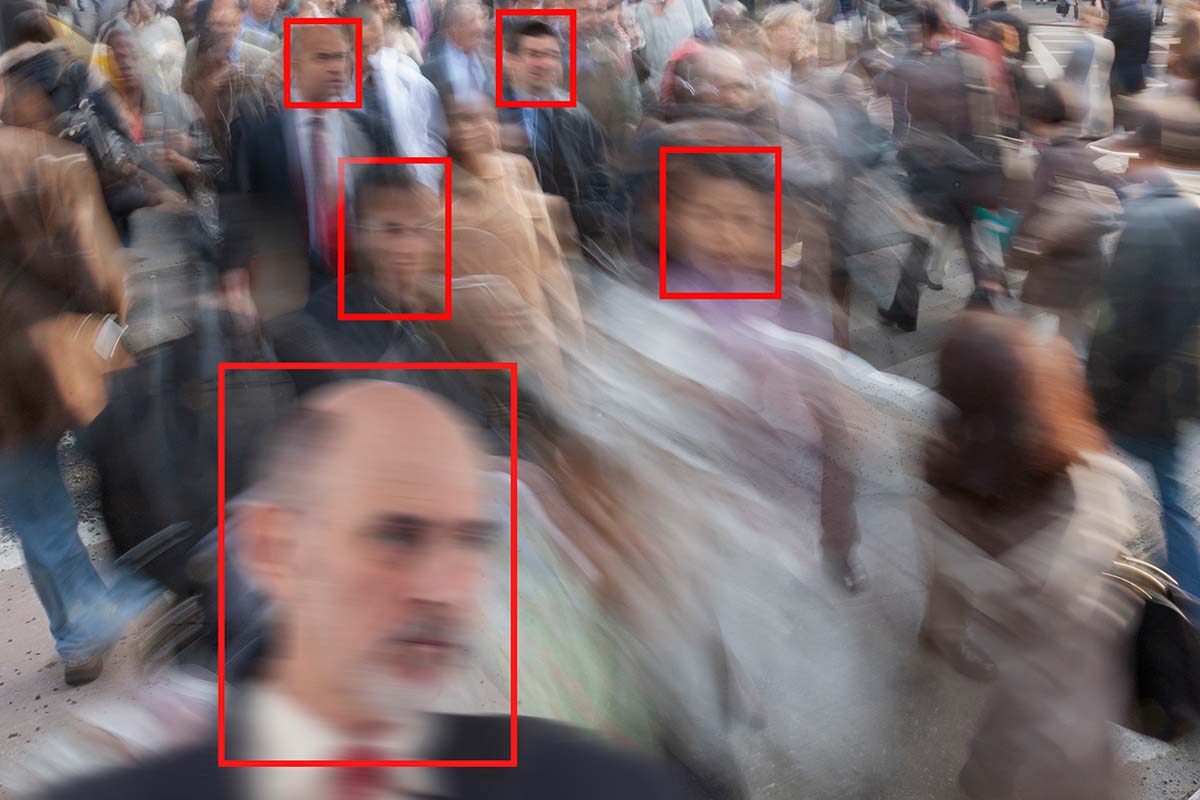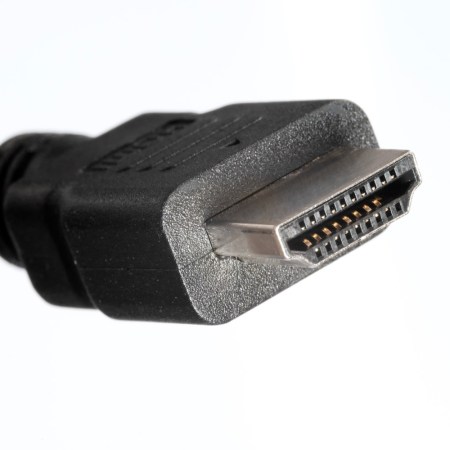For some people, their politics are a very public matter. For others, ideological beliefs are more of a private concern. But what does it mean if an algorithm can correctly guess someone’s politics just from looking at a photograph of them? According to a new article by Devin Coldewey at TechCrunch, that day is upon us — and the implications are both wide-ranging and alarming.
The article explores the latest study from Stanford University researcher Michal Kosinski. If his name sounds familiar, it’s because his work has been in the headlines before, including from a 2017 study that extrapolated sexuality from photos and a 2013 study that used Facebook “likes” to predict personality traits.
In a 2018 interview with Vox, Kosinski said, “My overarching goal is to try to understand people, social processes, and behavior better through the lens of digital footprints.” For this latest project, Coldewey writes, researchers showed a machine learning system over a million images taken from dating sites, cropped to remove as many background elements as possible. The faces belonged to people who had identified as liberal or conservative on the aforementioned dating sites.
When humans are asked to identify which of two faces belongs to a liberal and which belongs to a conservative, they generally select with around 55% accuracy. The algorithm, meanwhile, has between 71% and 73% accuracy, depending on the photos it was shown.
At least some of the factors that informed the study had less to do with physical features and more to do with presentation. As Kosinski wrote, “Liberals tended to face the camera more directly, were more likely to express surprise, and less likely to express disgust.”
Much like his earlier studies, Kosinski’s latest offers plenty to think about — and it opens the door to a host of questions about nonverbal cues, privacy and where this all might be going.
Thanks for reading InsideHook. Sign up for our daily newsletter and be in the know.

















